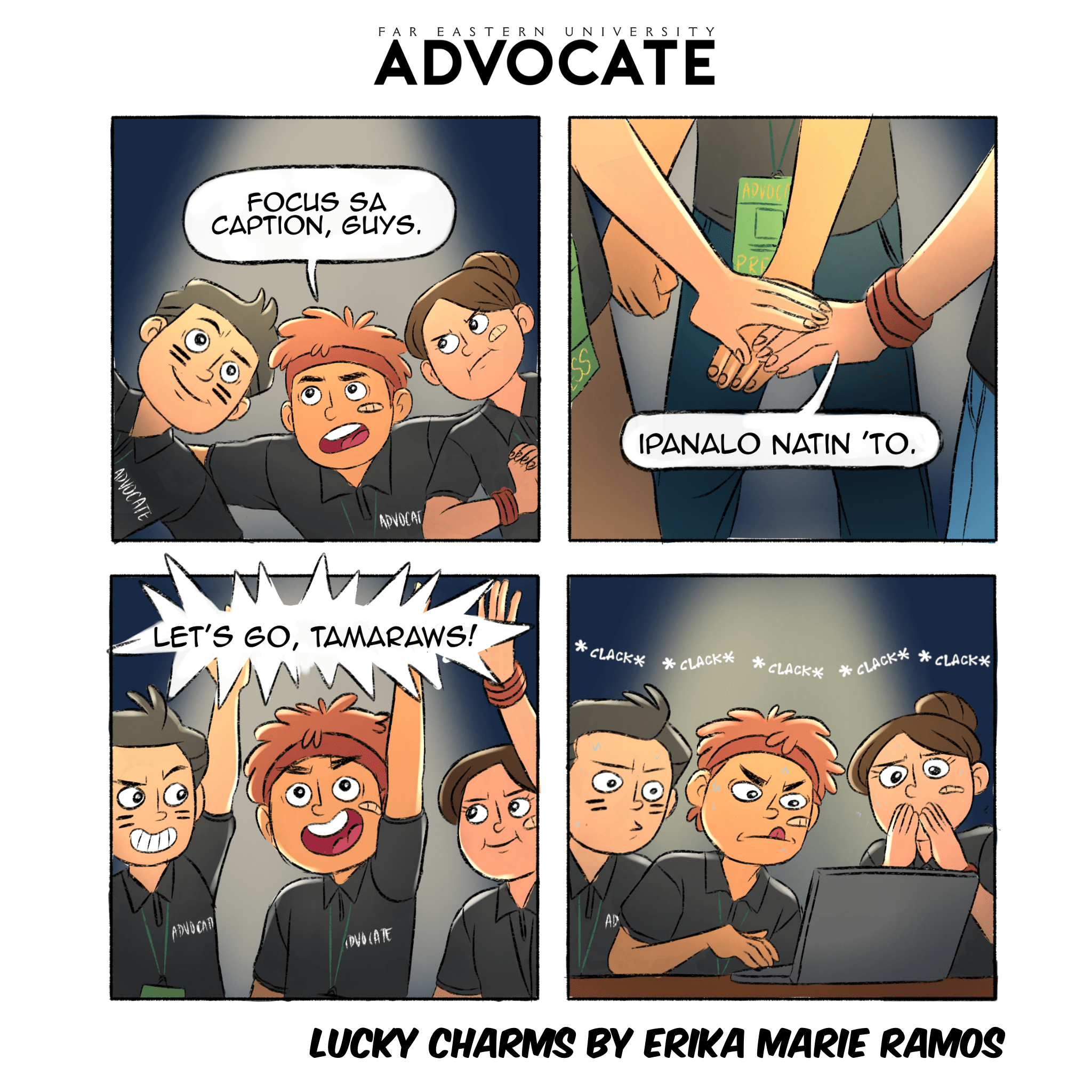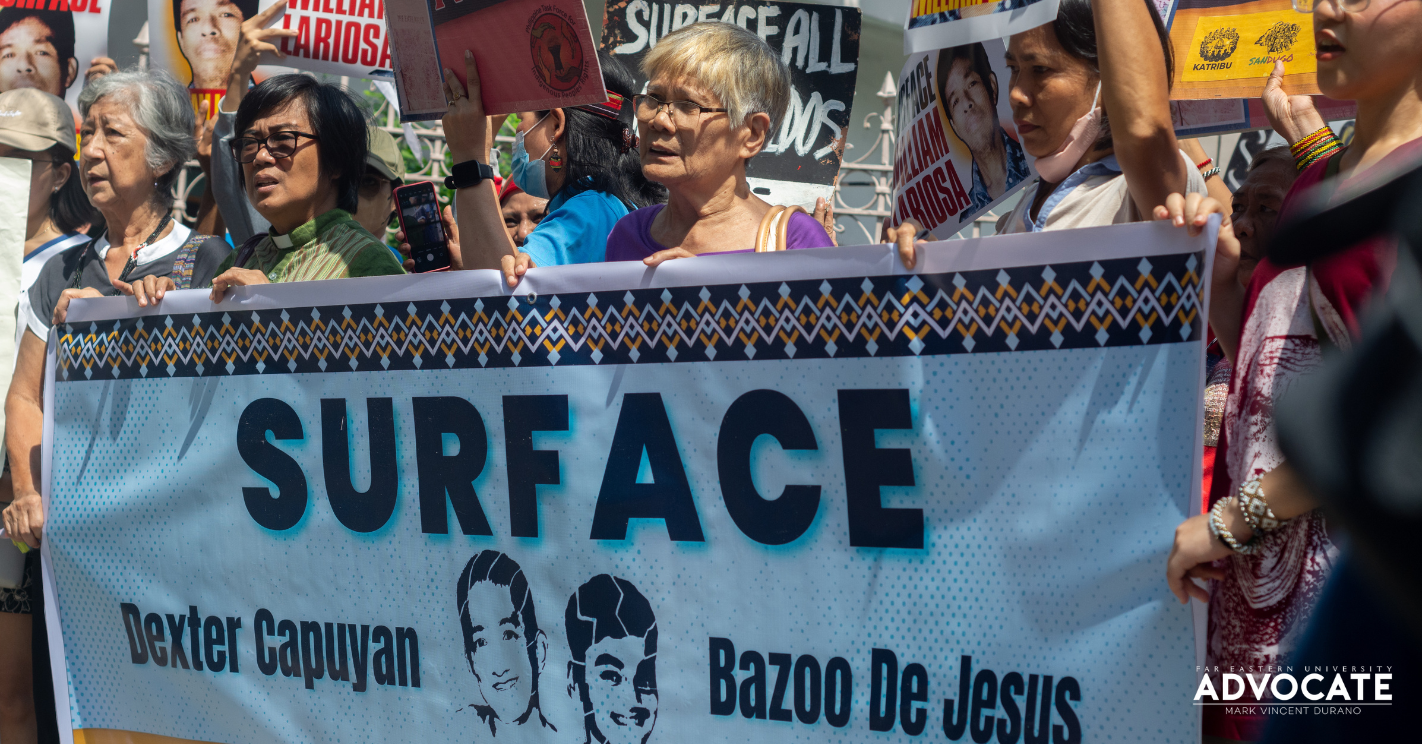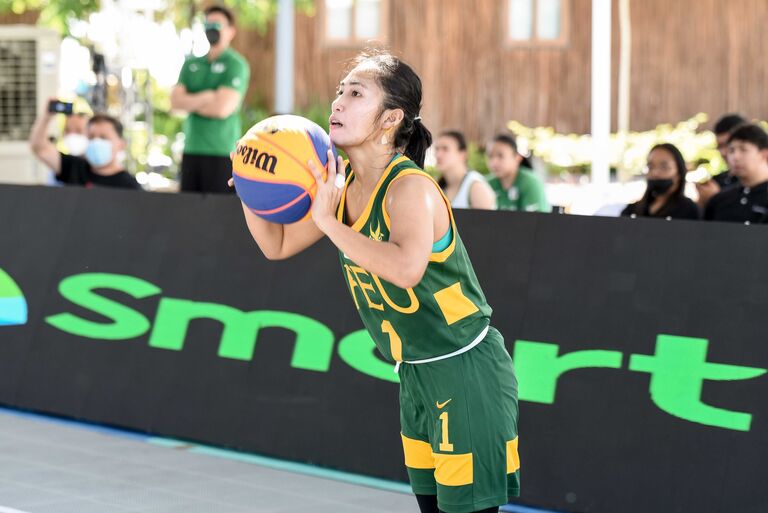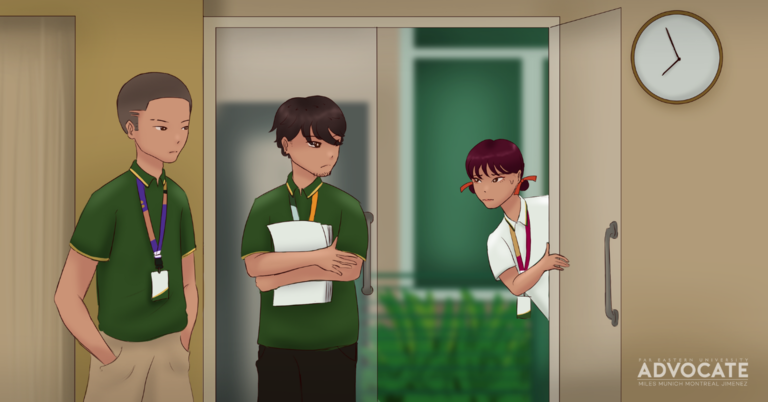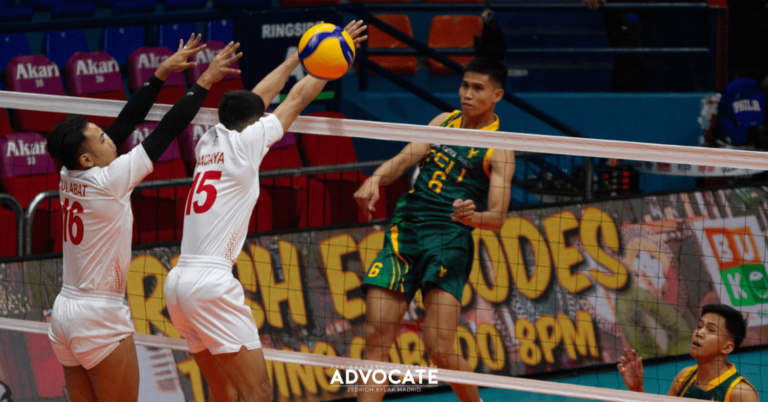
Tams suffer 1st preseason loss in Independence Day bout vs UP
- June 12, 2025 20:50
FEU Advocate
April 08, 2025 14:14
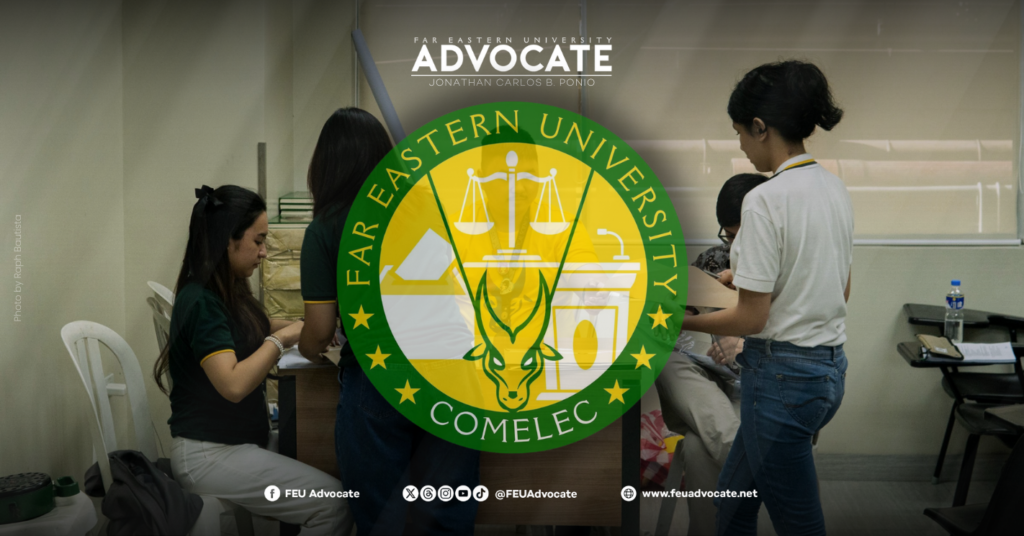
By Mark Vincent A. Durano
Far Eastern University (FEU) Commission on Elections (COMELEC) updated the Omnibus Election Code (OEC), bearing candidates with more grounds for disqualification in the 2025 FEU Elections.
Affiliations and connections with external political parties were added in the new provisions.
Article III Candidacy Section 3.c. under Disqualification of Candidates states that a candidate may be disqualified if they “[demonstrate] active affiliation with, or receive substantial political and financial support from an external political party that compromises the impartiality of student election.”
A candidate may also be disqualified if the external political party influences and exerts control over the student government, student parties, and election processes according to Section 3.d.
FEU COMELEC also added grounds for disqualification if bullying of any form occurs.
“Engages in political bullying other candidates whether in words or in deeds such as public shaming, threats or coercion, discrediting someone through spreading of misinformation, and derogatory comments platforms sanctioned by the university,” Section 3.e. read.
The new OEC removed authorized withdrawal from any subject as a ground for cessation of tenure under Article II Election Positions.
Additional specific qualifications were also added such as requiring the vying Treasurer to be a non-graduating student.
Student leaders who were appointed, not only elected, in FEU Central Student Organization, Institute Student Councils, and Academic Organizations are also now allowed to vie for the presidency and vice presidency.
Other changes in the OEC can also be observed in Article III Section 1 under Eligibility.
These include removing the resignation of a student leader from a post as grounds for ineligibility and changing “been on leave-of-absence” to “been on AWOL [absent without official leave] as an incumbent officer.”
Moreover, the 2025 OEC now requires Certificates of Attendance to two seminars or events by the Student Development Office instead of three.
Meanwhile, Article VII Certificate of Candidacy (COC) Section 2 under Requirements for Filing of Certificates of Candidacy omitted the submission of “Certificate of Leadership Experience from any accredited or recognized organization and/or certificate or proof of community involvement, signed by the Adviser, President of the organization, and/or any Institutional or Community Head.”
A vying student leader should also show their proof of attendance during the orientation of the OEC.
Other OEC changes observed include naming Press Relations Officer which may also be Public Relations Officer or P.R.O.
Meanwhile, Article II Section 6. Conflict of Interests now states that a losing candidate “shall likewise be barred from appointment in any committee that is directly under or affiliated with the post they lost in the elections.”
This follows the previous OEC that only restricts a losing candidate to be appointed in any other organizational post.
During the campaign period from April 10 to 26, any surprise campaign is prohibited in the new OEC under Article VIII Campaign Section 3. Room-to-Room Campaigns.
In cases where classes are suspended during the elections, the commission was specified to update the schedule within three working days according to Article IX Conduct of Elections Section 2.
Independent committee, election protests
In an event that a student has any disputes and questions, it must be settled within 48 hours of the proclamation of winners instead of a week.
This year’s new OEC under Article IX Section 7. Settlement of Disputes and Questions enacts the Vice President for Academic Services (VPAS) to form an independent committee “to investigate and decide on disputes and questions.”
The following provision then states that the independent committee will compose of three members from faculty members with one head chosen by the members.
Moreover, the committee’s qualifications are as follows: must be an RFT faculty member; must have served as member/head of any University or Institute Committee; must not have any disciplinary case at any time prior to the election season; must be non-partisan.
Under Article X Election Protests, Offenses, and Sanctions, Section 1 was changed from Non-COMELEC Intervention in Elections to Non-stakeholders Intervention in Post-election Issues.
“No individual or group within or outside the University shall intervene in the election protests, investigation and decisions on election offenses, and impositions of sanctions except authorized units or committees formed by the Academic Services and COMELEC,” the new provision added.
Any protests will be accommodated by FEU COMELEC as the Electoral Tribunal. However, final approval power was changed from the Student Development Office to VPAS as stated in Article X Section 2.
Student leaders are also given a week after the proclamation of winners to file for a protest.
Meanwhile, Article X Section 4 introduces new offenses such as internal campaigning of external political parties, favoring a candidate or influencing the outcome of the elections and induces a voter to vote for or against any candidate.
COMELEC constituents
Article I General Provisions mandates FEU COMELEC to “conduct honest, orderly and peaceful elections and smooth transition of positions” in addition to Section 4. Declaration of Objectives.
Meanwhile, the new OEC in Article V now clearly states the composition of FEU COMELEC along with their qualifications.
The commission shall consist of one Chairperson, one Co-chairperson, six faculty representatives, student representatives, six Junior Philippines Institute of Accountants representatives, and the Executive Board of TAMang Boto.
This year’s Co-chairperson shall come from the faculty, instead of the student representatives like in 2024. Their requirements for appointment include: must be a regular full-time faculty member; must have served as member/head of any University or Institute Committee; must not have any disciplinary case at any time prior to the election season; and must be non-partisan.
Student representatives shall also now secure two recommendation letters from present or previous professors, instead of the Department Chair, according to Section 5. Qualifications of Student Representatives.
The new OEC also redefined TAMang Boto “as a student-led group that actively promotes and involves the youth in political participatory processes, the TAMang Boto Executive Board is automatically part of the COMELEC. The group is non-partisan which ensures impartiality and integrity in the conduct of an honest, orderly and peaceful election.”
A section for JPIA Representatives was also added and defined “as a student-led organization that focuses on internal auditing, the Junior Philippine Institute of Accountants Executive Board is automatically part of the COMELEC.”
Additionally, the 2025 OEC now detailed the appointment and tenure of the commission.
It follows that the FEU COMELEC chair shall be appointed by the Student Development Director and approved by the VPAS and Senior Vice President for Academic Affairs while all faculty representatives of the COMELEC shall be appointed by the COMELEC chair.
FEU Advocate tried to reach out to the new FEU COMELEC Chairperson Janett Hyatt for further details but was refused due to schedule conflicts.
The filing of COC was extended until April 10 while the 2025 FEU Elections will take place on May 2.
(Photo by Raph Bautista/FEU Advocate; Layout by Jonathan Carlos B. Ponio/FEU Advocate)

